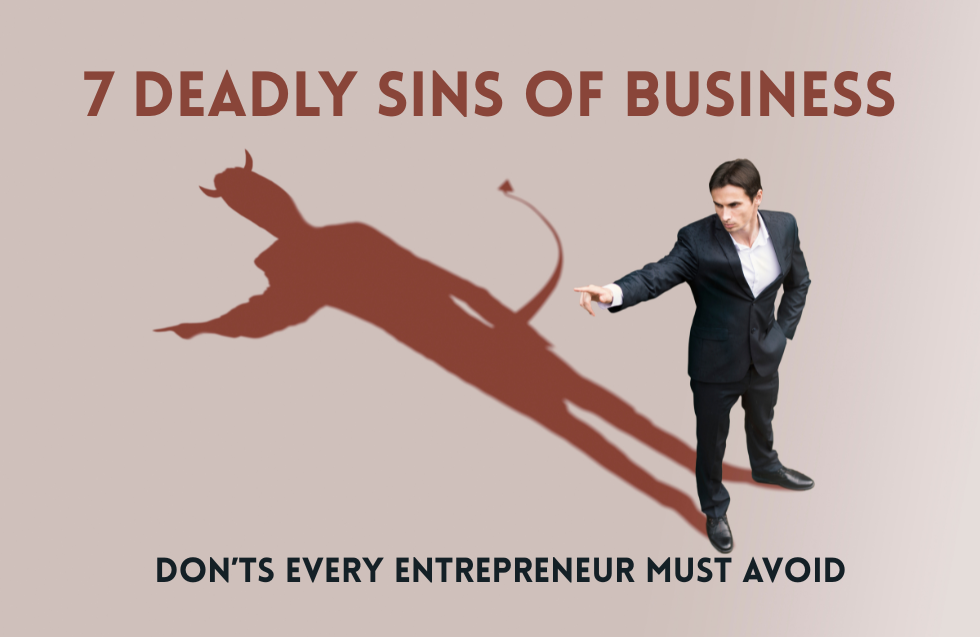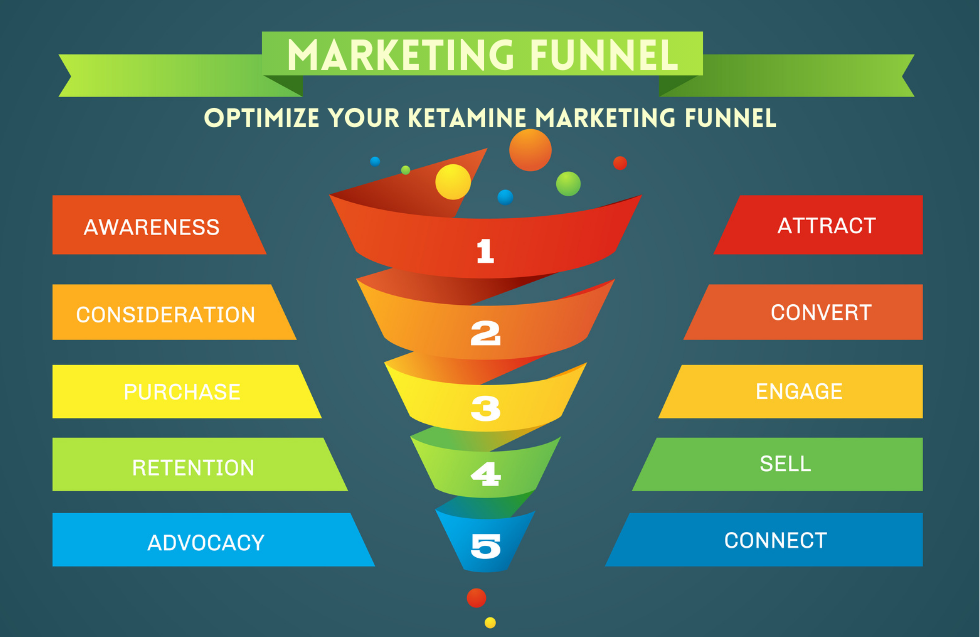Disputes are an inevitable part of business, whether you’re dealing with unhappy customers, suppliers, or employees. While the legal route—going to court—may seem like a solution, it’s often costly, time-consuming, and stressful for everyone involved. That’s where the Better Business Bureau (BBB) comes in. The BBB is an established nonprofit organization that aims to foster trust in the marketplace. One of the key ways they do this is by offering a dispute resolution service to help businesses and consumers resolve issues without involving the courts.
Here’s how you can use the BBB to settle disputes effectively and efficiently.
What Is the BBB?
The BBB is an organization that promotes ethical business practices by encouraging transparency, honesty, and customer satisfaction. It provides resources to businesses and consumers, helping to build trust and foster better business relationships. One of the most notable services the BBB offers is its dispute resolution program, which helps settle conflicts between businesses and customers or among business partners without going to court.
Why Use the BBB for Dispute Resolution?
Using the BBB for dispute resolution has several advantages:
- Cost-Effective: The BBB offers its mediation and arbitration services at little to no cost compared to hiring a lawyer and going to court.
- Faster Resolution: Legal proceedings can take months or even years. The BBB’s process is much faster, typically resolving disputes within a few weeks.
- Less Stressful: The BBB’s approach is designed to be less adversarial than going to court, which can reduce the stress on both parties.
- Preserves Relationships: Since the BBB focuses on finding a fair solution rather than punishing one side, it’s easier to maintain business relationships.
- Neutral Third Party: The BBB offers an impartial mediator or arbitrator, ensuring that both parties have an equal opportunity to present their case.
How the BBB’s Dispute Resolution Process Works
The BBB’s dispute resolution process typically involves three key steps:
1. Filing a Complaint
If you’re a business owner or consumer who’s dissatisfied with a product, service, or business transaction, you can file a complaint with the BBB. The complaint should include all relevant details—dates, receipts, communications, and any other information that supports your case.
2. Mediation
Once a complaint is filed, the BBB will attempt to resolve the issue through mediation. Mediation involves a neutral BBB representative who facilitates discussions between both parties to help them come to a mutually acceptable agreement. Mediation is voluntary, meaning that both parties must agree to participate and work toward a resolution.
During mediation:
- The mediator listens to both parties and clarifies the issues.
- Both parties are encouraged to explain their concerns and interests openly.
- The mediator may suggest possible solutions, but the decision remains in the hands of the parties involved.
Mediation is often effective because it encourages communication and cooperation, avoiding the need for a more formal, adversarial process.
3. Arbitration (if necessary)
If mediation fails to resolve the issue, the Better Business Bureau offers arbitration as a next step. Arbitration is more formal than mediation and involves a neutral third party (the arbitrator) who reviews the evidence and makes a binding decision.
Arbitration is similar to a court trial, but it is typically quicker and more cost-effective. Both parties must agree to abide by the decision made by the arbitrator.
Steps to Take When Using the BBB
To effectively use the Better Business Bureau services, follow these steps:
- Verify the BBB’s Accreditation: Make sure the business you are dealing with is accredited by the BBB. Accreditation means that the business has made a commitment to adhere to BBB standards of honesty and transparency.
- Document Everything: When filing a complaint, ensure you have all necessary documentation—emails, contracts, receipts, photos, or anything else that supports your case.
- Be Clear and Concise: The BBB will ask for a clear description of the issue. Be specific about what went wrong, and make sure you describe the problem logically and without emotional language.
- Be Open to Negotiation: The purpose of the BBB’s process is to find a resolution that works for everyone. Be open to compromise, and consider all potential solutions before rejecting an offer.
- Follow Up: If you don’t hear from the BBB within a reasonable timeframe, don’t hesitate to follow up. The process can sometimes take time, but persistent communication will keep your dispute on track.
What Happens After the Dispute Is Resolved?
Once the Better Business Bureau has helped settle the dispute, they will issue a resolution summary. If the issue was settled through mediation, both parties will receive confirmation that an agreement was reached. In the case of arbitration, a final decision will be given, and both parties are expected to comply with it.
While the BBB’s arbitration decisions are legally binding, they are generally easier to enforce than court rulings because the BBB’s reputation depends on the integrity of its dispute resolution process.
Conclusion
Using the Better Business Bureau to settle disputes can be an efficient and effective alternative to going to court. It’s a cost-effective, faster, and less adversarial option for resolving conflicts, and it helps preserve business relationships. By following the BBB’s process, you can avoid the stress and costs of litigation while achieving a fair resolution.
If you find yourself in a business dispute, consider using the BBB’s dispute resolution services as your first step toward a resolution. It could save you time, money, and most importantly, the energy you’d otherwise spend in a drawn-out legal battle.













